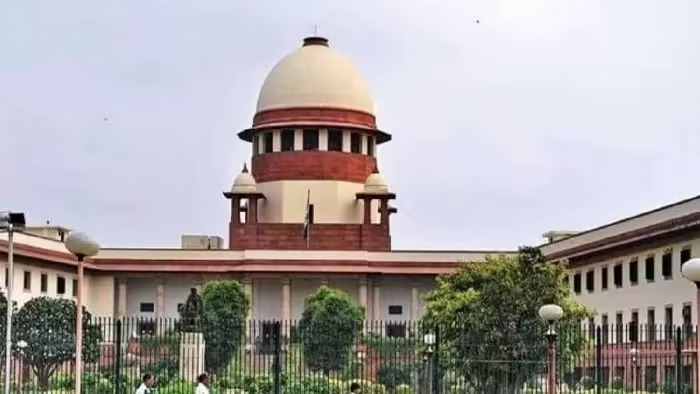
New Delhi: While deciding bail in some important cases in recent times, the Supreme Court found that the accused has been in jail for a long time, but the trial has still not started. The Supreme Court found that the accused remains in jail due to the investigation officer not filing the final prosecution complaint or final chargesheet, as a result of which the trial does not start. The Supreme Court expressed concern that this violates the constitutional fundamental rights of life and personal liberty of the accused and hence he was granted bail.
The common perception is that criminals get acquitted in cases due to poor investigation. It is important to understand that the criminal justice system does not only consist of the investigating agency but also includes the prosecution, scientific support system like CFSL, defence lawyers, courts and prisons. All these agencies (except prisons) contribute to the delay in justice in one way or the other.
Why is there delay in justice?
Due to acute shortage of staff in the investigation agency, the workload of the investigating officer increases, which leads to delay in investigation. Apart from investigating, police officers posted in police stations also perform many other tasks including law and order management and patrolling in the area. There is a need to separate investigation from law and order.
Forensic reports, cyber forensics and financial analysis reports also take a long time to come, sometimes up to two to three years. The delay in these reports leads to delay in finalising the investigation. We definitely need more laboratories.
Cross-border investigations take a lot of time. In such cases, evidence is obtained from another state or foreign country through the process of Letters Rogatory. However, sometimes the answer is received after a gap of three to four years.
Role of the judiciary and defense lawyers
There are 3.45 crore (approx) criminal cases pending in various courts. There is a shortage of 5,300 judges against the sanctioned strength of 16,694 district judges. The shortage of judges leads to long dates and thus delay in trials.
Frequent adjournments sought by lawyers not only delay the trial but in many cases prove to be a boon for hardened criminals. This extra time is used to threaten witnesses, leading to their compromise and acquittal of the accused.
The summons process service system is slow and most of the times witnesses receive summons at the last minute by which time they are not even in the city where they have to testify.
Courts sometimes intervene during ongoing investigations and issue stay orders, which temporarily halt investigation proceedings. These interventions, often sought by accused parties, can drag on for years as the high court takes time to resolve the relevant legal issues.
As a result, investigating agencies have to wait till the courts lift the stay. For example, the Bikaner land case is being investigated by the ED. In this case, a person named Mahesh Nagar approached the Delhi High Court in 2019-20 and obtained a stay order. His plea was rejected by the High Court, but he appealed to the Supreme Court and as a result the investigation in the case came to a halt.
Similarly, in the 2G case, the CBI and ED had filed appeals in the Supreme Court against the orders of the Sessions Court in 2017-18 which are still pending. The criminal justice system must work efficiently and harmoniously so that the innocent do not face difficulties and criminals or people with vested interests are not able to misuse the system for their benefit.
Read More: French President Macron will meet PM Modi on February 17 and will attend the India-AI Impact Summit.
--Advertisement--

 Priya
Priya Share
Share



